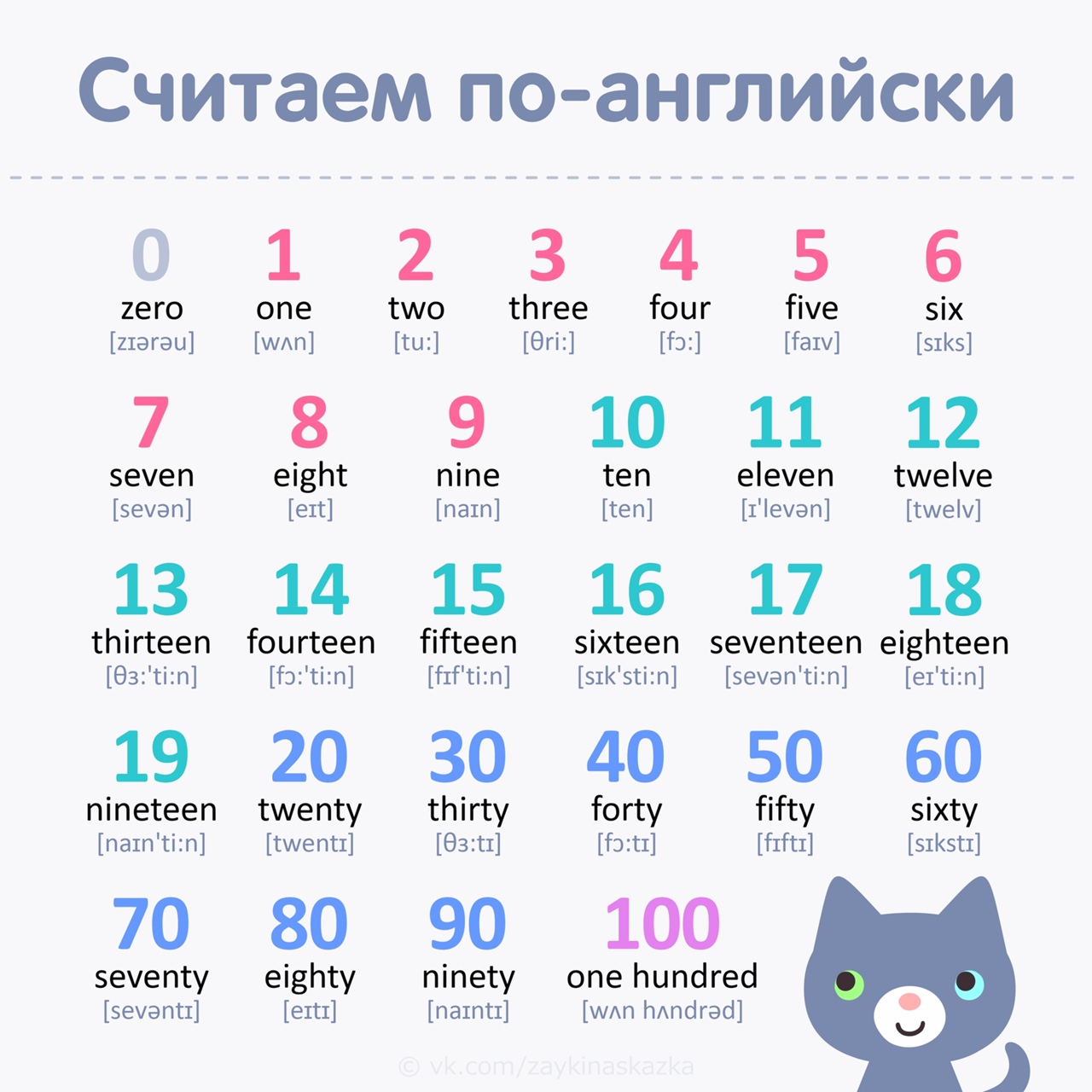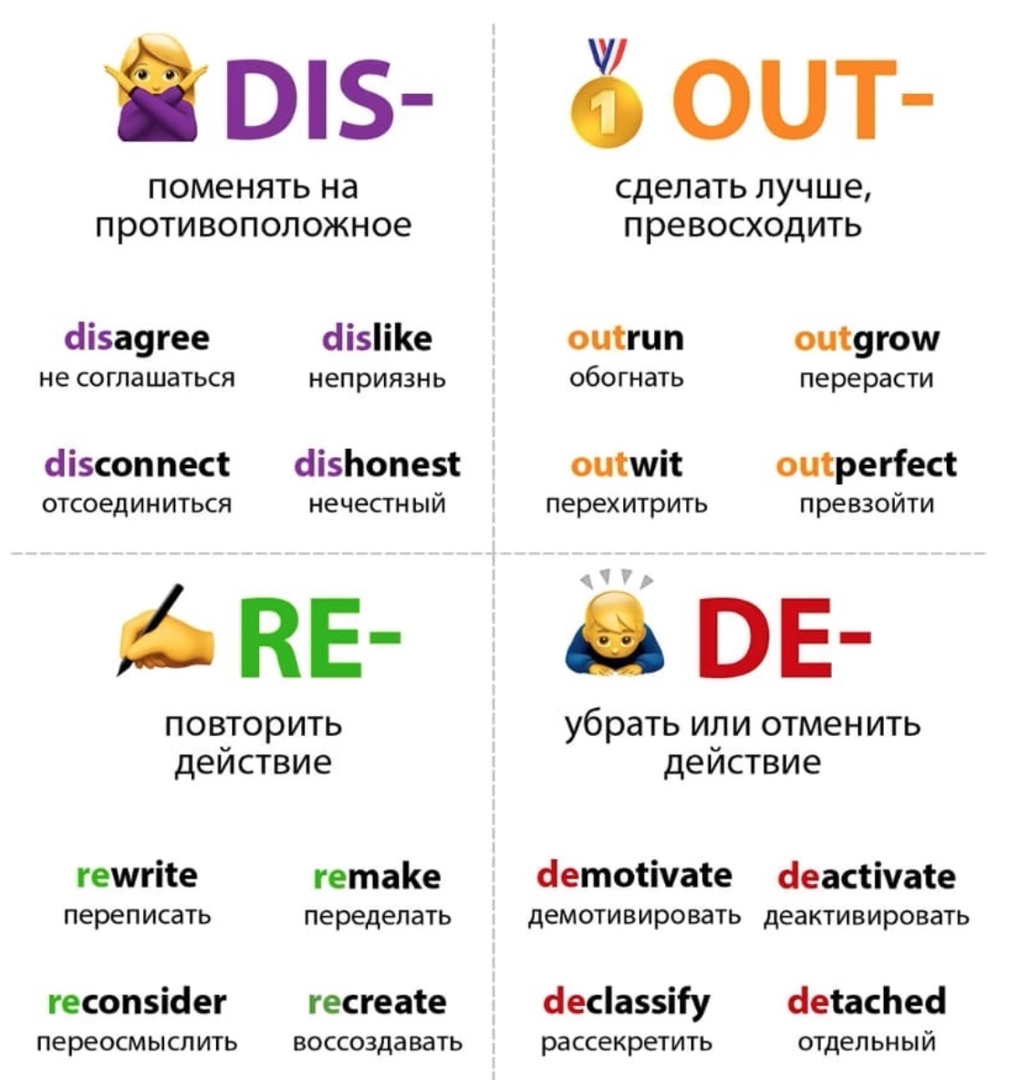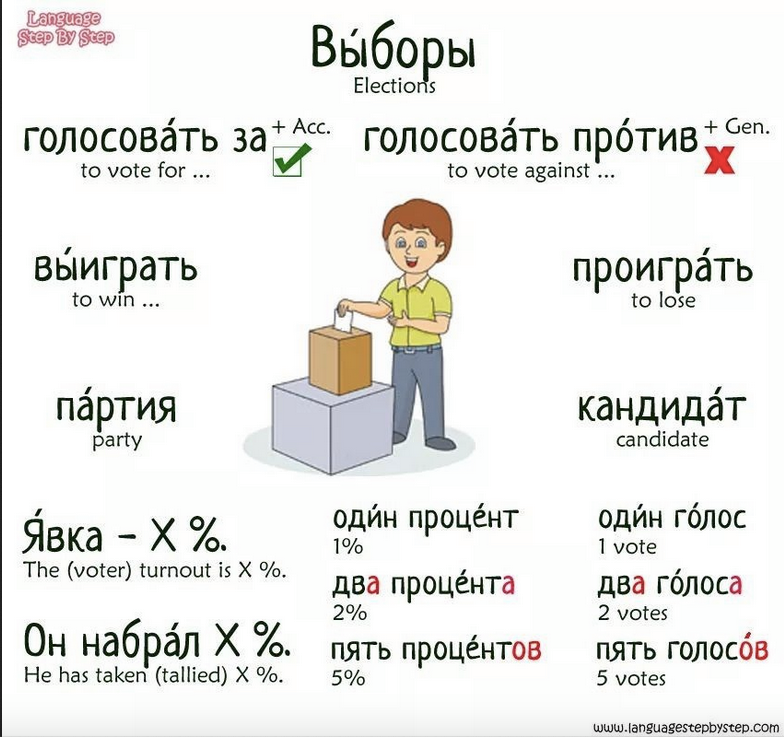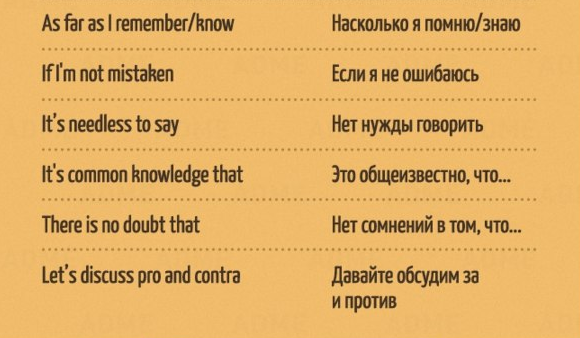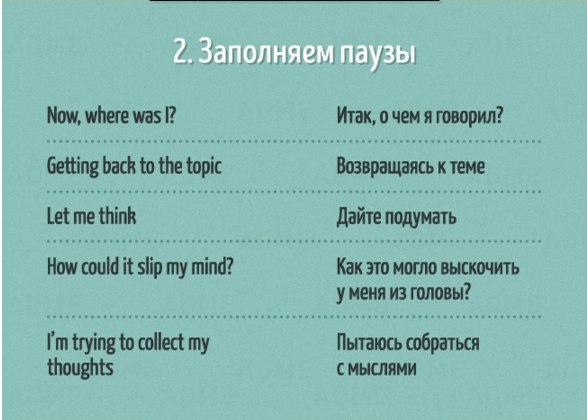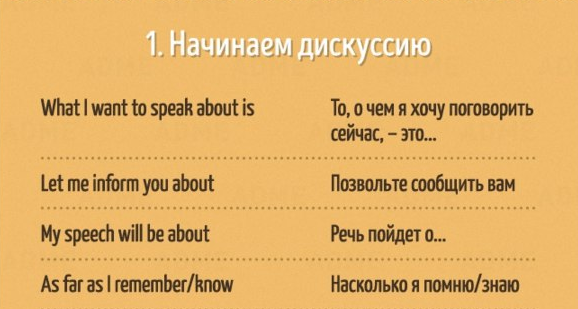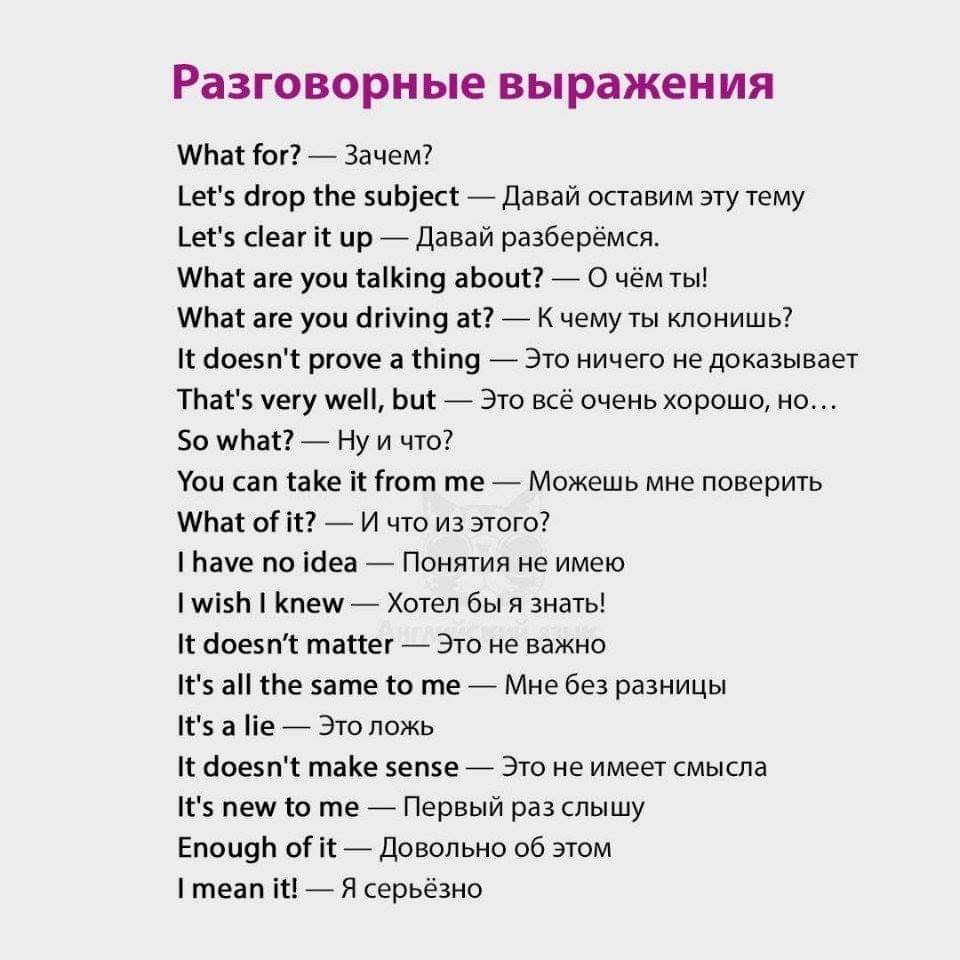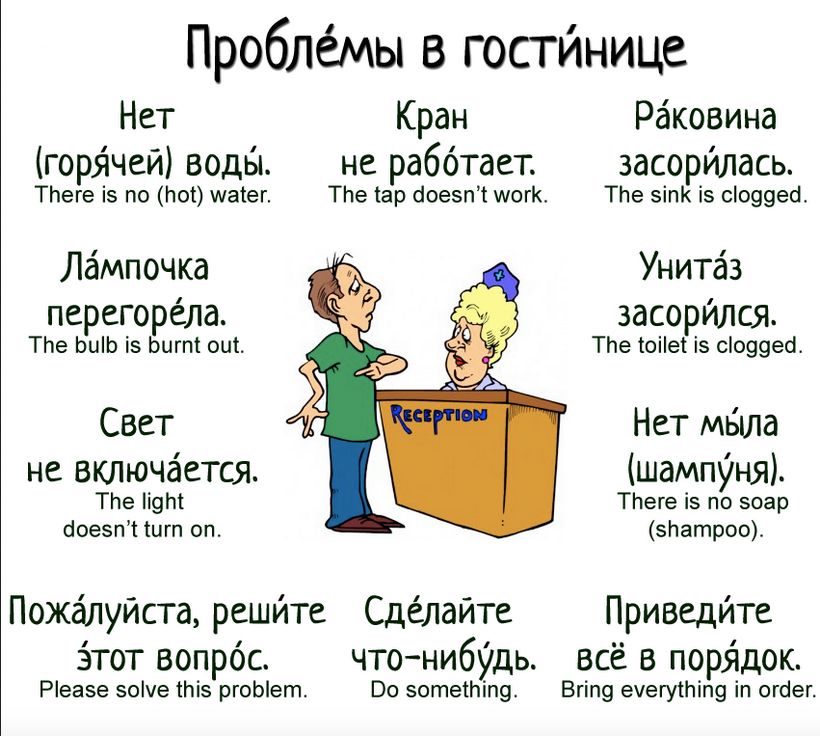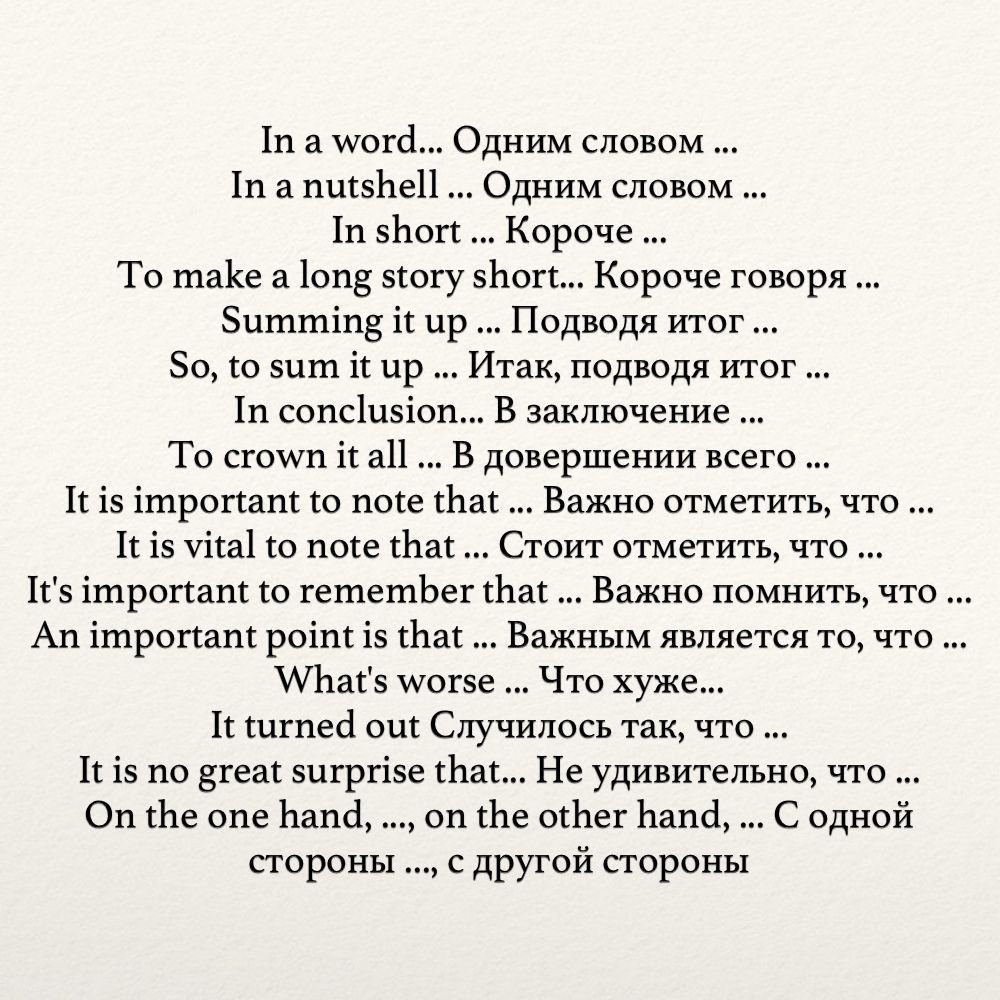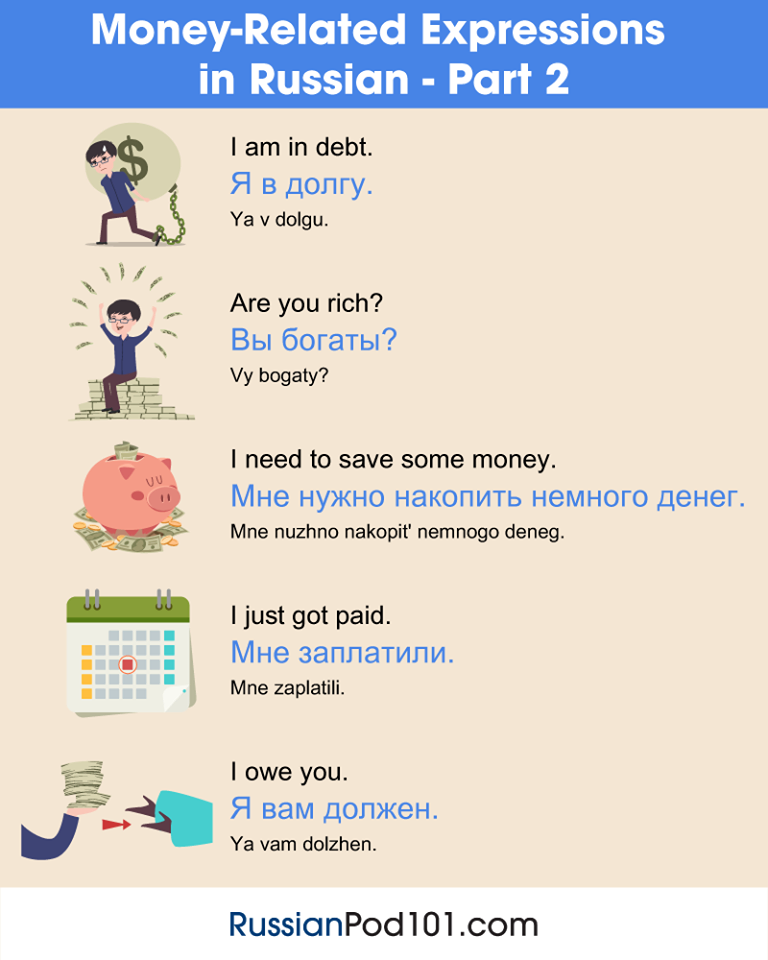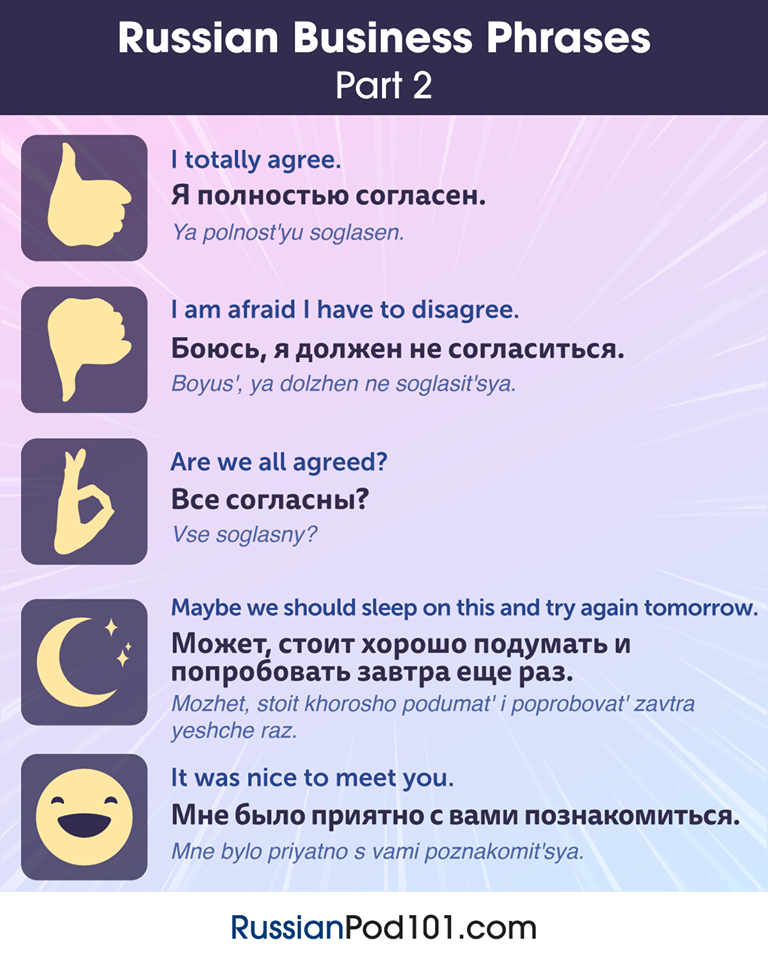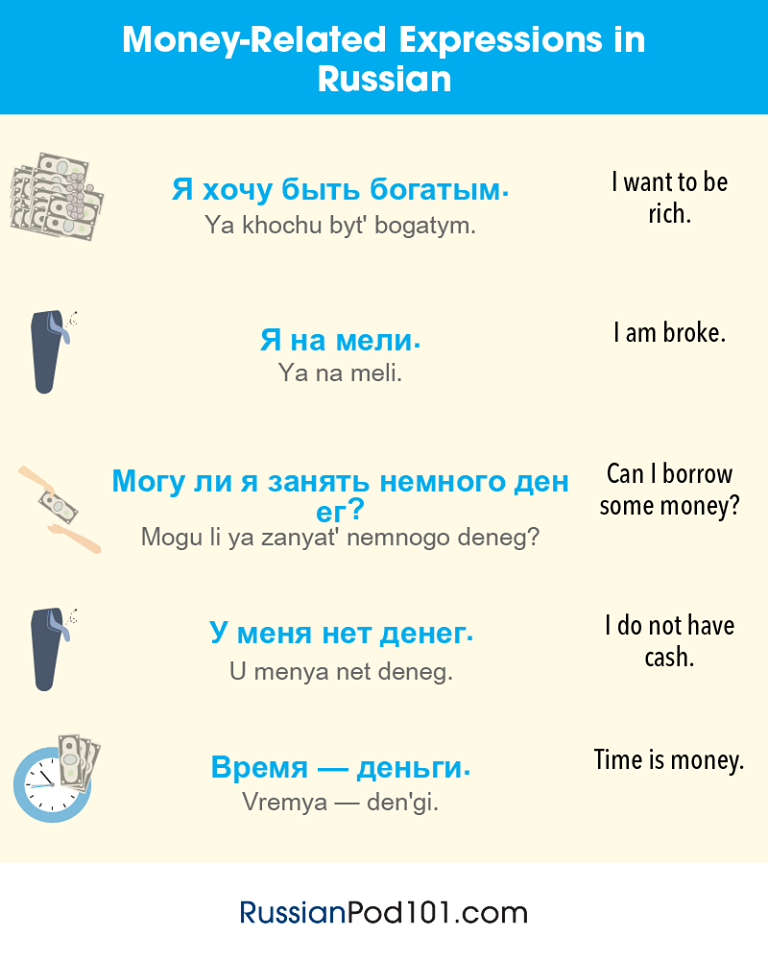Beside or Besides: What’s the Difference? |nfographic
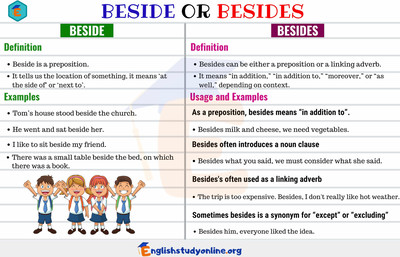
BESIDE
Definition
Beside is a preposition.
Переводится как "Рядом", предлог.
It tells us the location of something, it means ‘at the side of’ or ‘next to’.
Он говорит нам о местонахождении чего-либо, он означает «сбоку» или «рядом».
Examples
Tom’s house stood beside the church.
I like to sit beside my friend.
He went and sat beside her.
There was a small table beside the bed, on which there was a book.
There were cows grazing beside the river.
I saw her standing beside my bed when I reopened my eyes.
Our school was built right beside a river.
She knelt down beside the child.
BESIDES
Definition
Besides can be either a preposition or a linking adverb.
Переводится как "Кроме того", может быть или предлог или связующее наречие.
It means “in addition,” “in addition to,” “moreover,” or “as well,” depending on context.
Это означает «в дополнение», «в дополнение к», «более того» или «также» в зависимости от контекста.
Usage and Examples
As a preposition, besides means “in addition to”
What other types of music do you like besides classical?
Besides milk and cheese, we need vegetables.
Besides the administrators, the teachers were allowed to state their views.
Besides the prize money, John won a trip to Paris.
Besides often introduces a noun clause
Besides what you said, we must consider what she said.
As a linking adverb, we usually put a comma before and after besides in writing
I can’t afford to go to the concert. Besides, I don’t really like classical music.
The trip is too expensive. Besides, I don’t really like hot weather.
Besides can introduce a further consideration
I don’t think I’ll attend the conference because it comes at an inconvenient time of year for me. Besides, I can’t really afford it.
Sometimes besides is a synonym for “except” or “excluding”
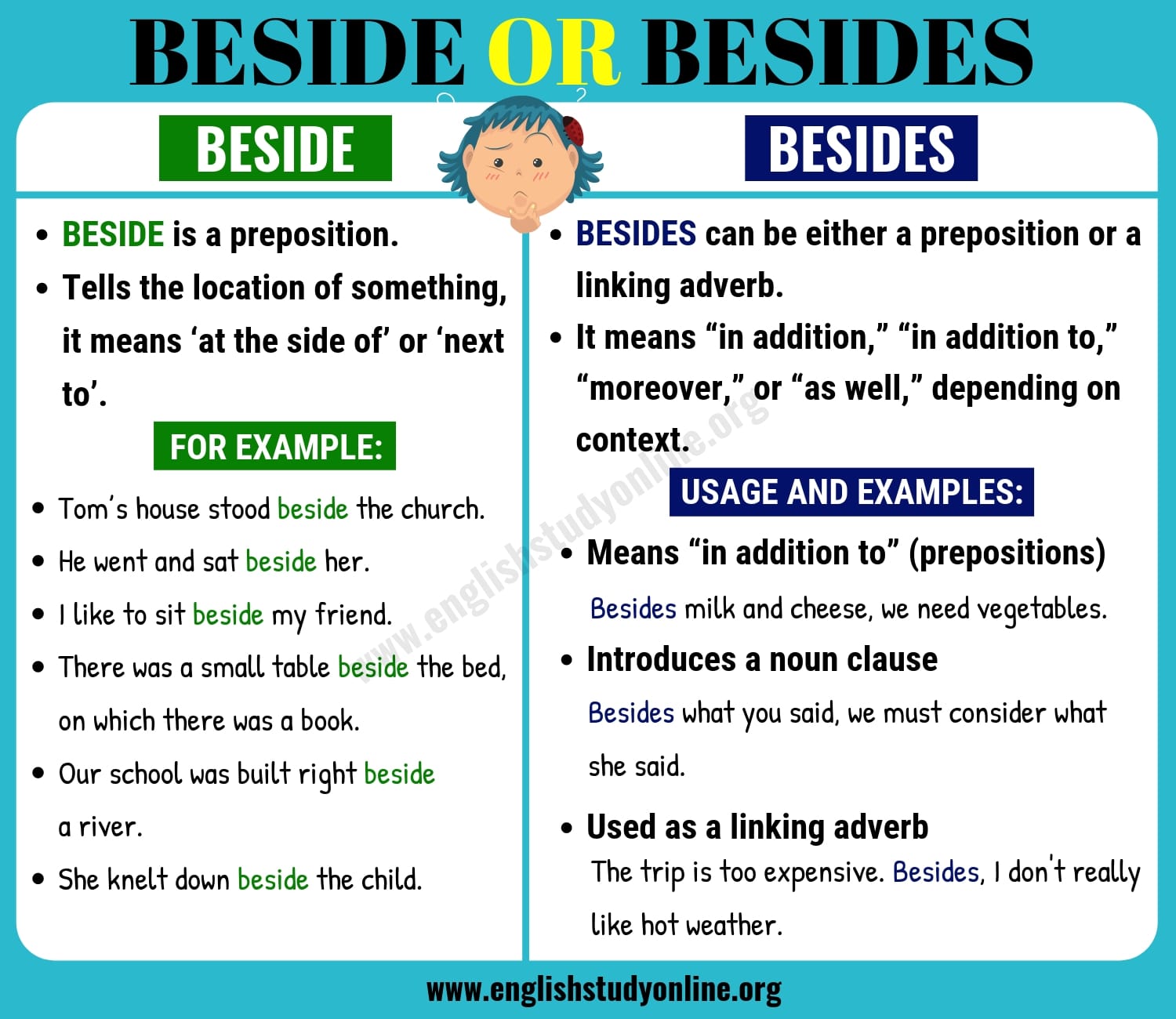
Теги:
Описание: Beside or Besides: What’s the Difference? Infographic








